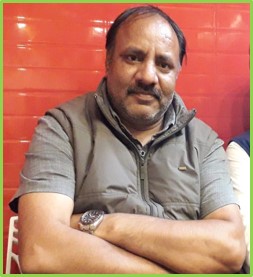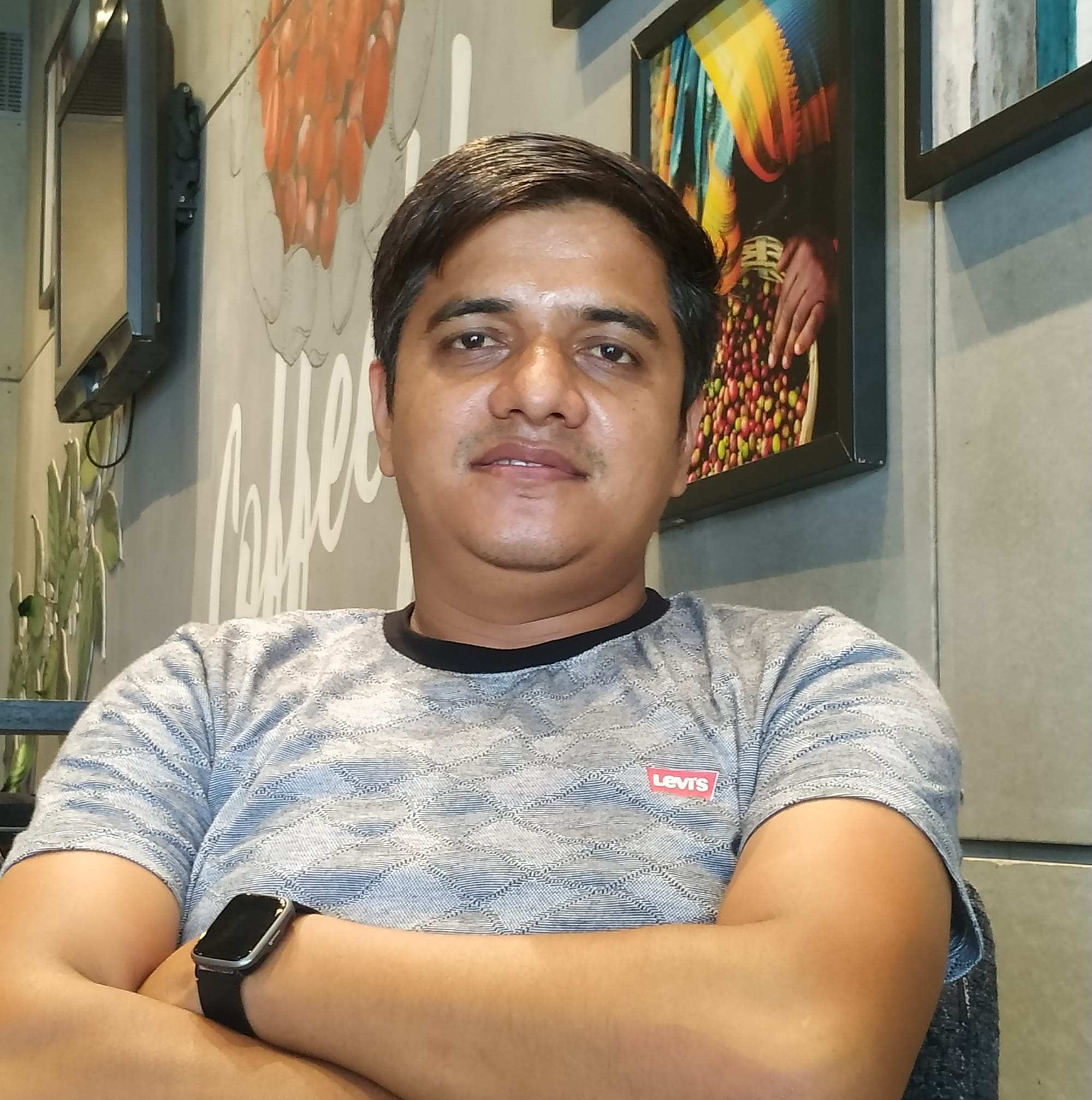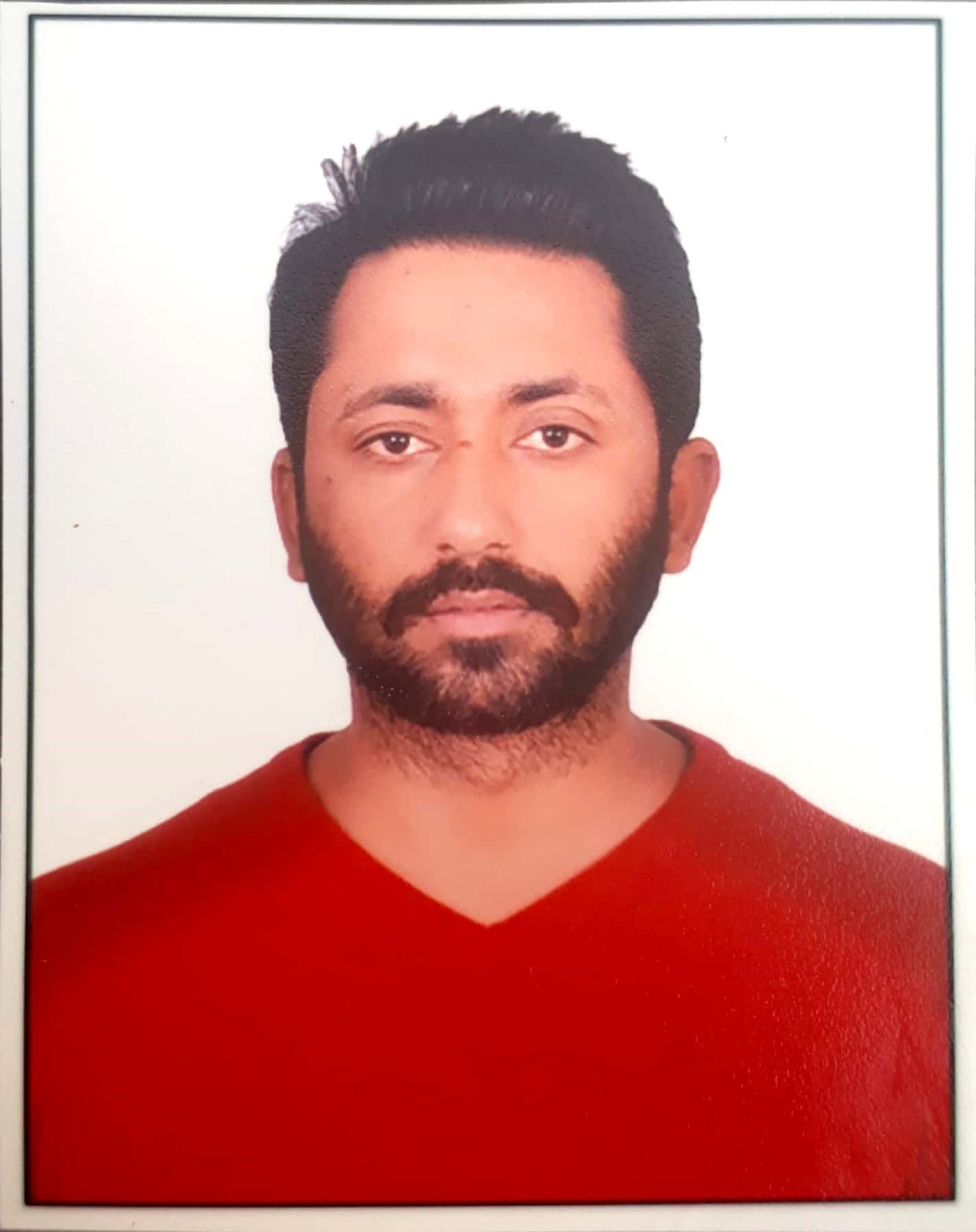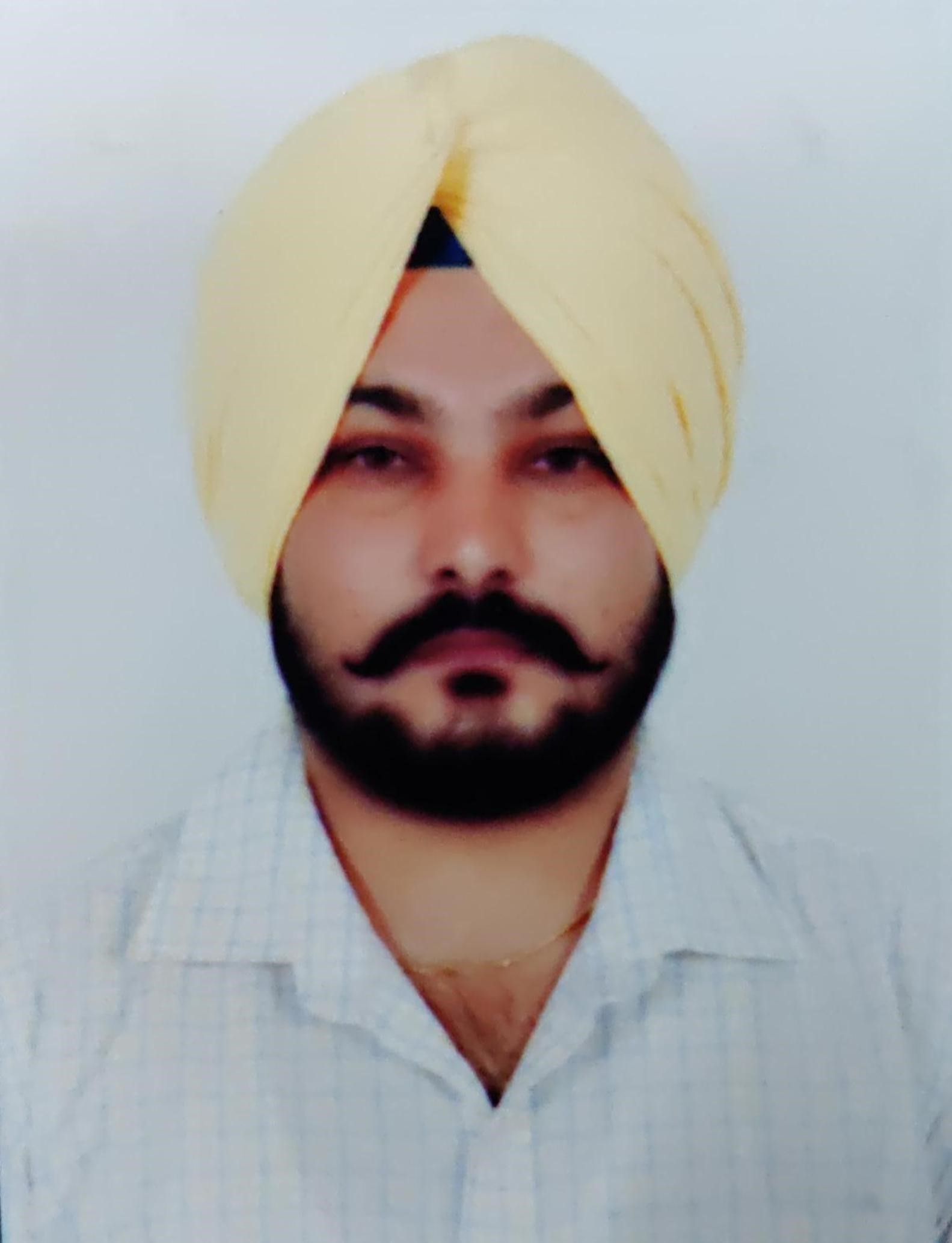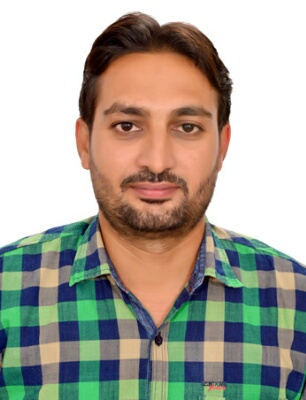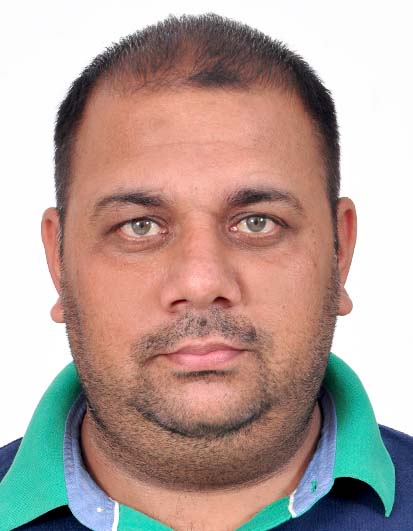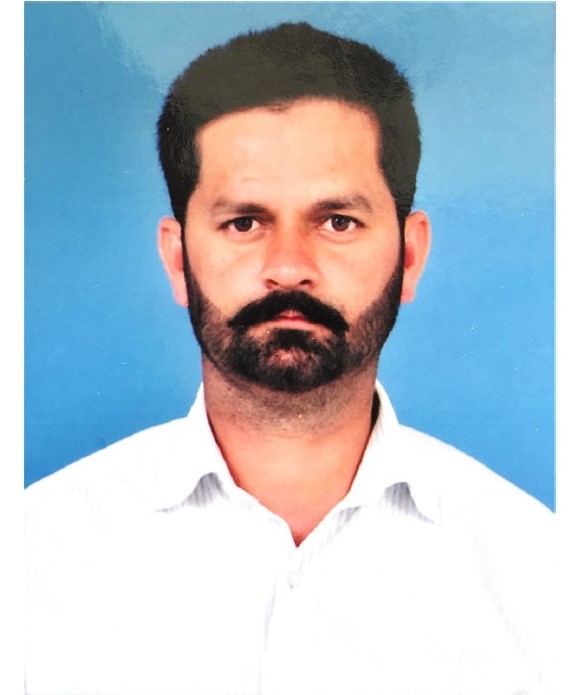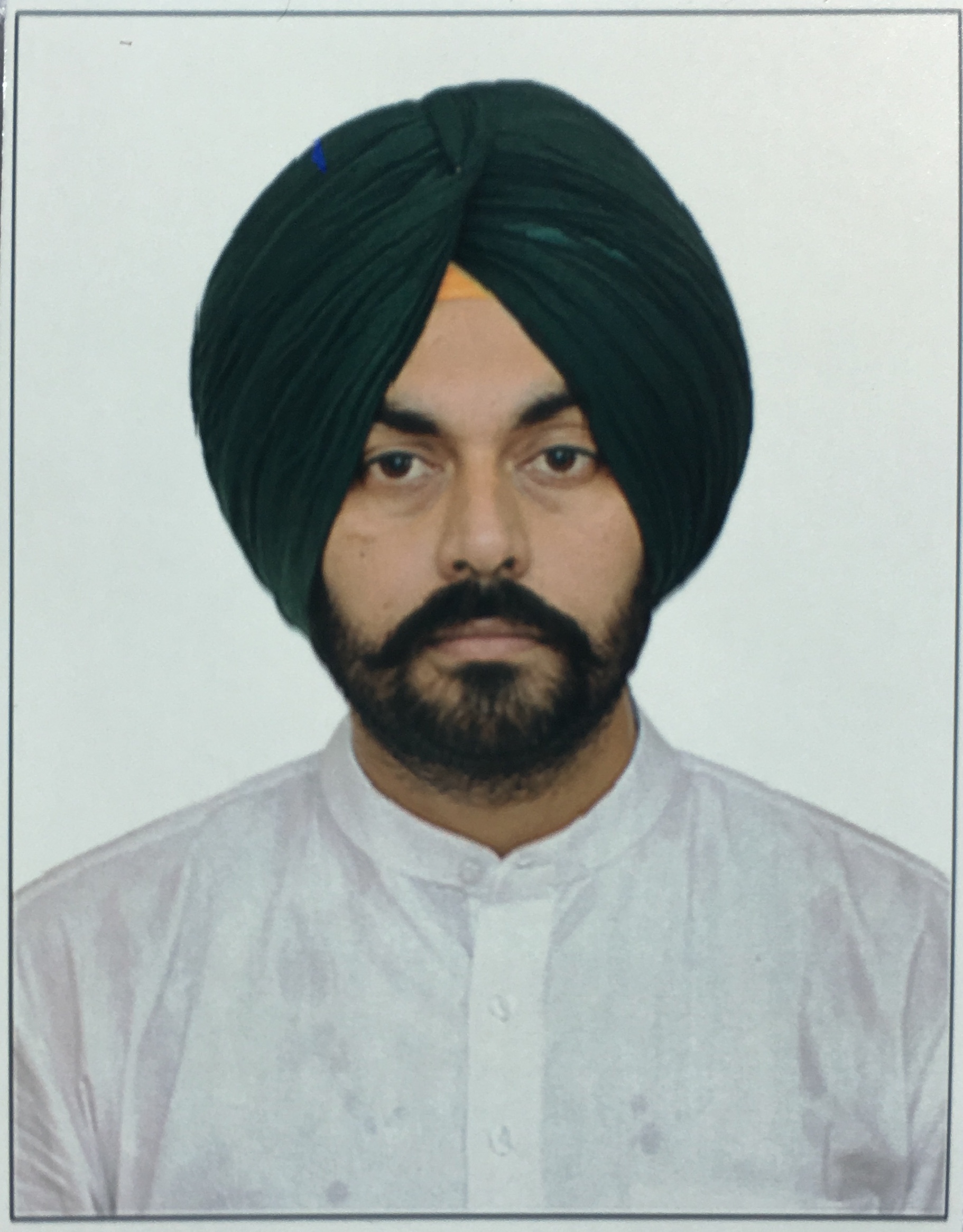The most critical gaps limiting income from agricultural practices can be easily identified, when technologies/interventions which have an obvious scope for noticeable enhancement in livelihood of small and marginal farmers fail to reach a majority of farmers. To address this issue, the RGR Cell in partnership with local agricultural Universities such as Punjab Agricultural University (PAU) and Tamil Nadu Agricultural University (TNAU) identifies the most appropriate agricultural interventions which are then validated through the concerned local Agricultural Research Institute. The further large scale popularization of such technologies is then taken up in collaboration with State Departments of Agriculture/Trusts/International Funding Agencies/Agricultural Universities or through other partner Organisations of the Trusts. All such activities are under the Trusts Reviving the Green Revolution (RGR) Initiative and are taken under the technical guidance and supervision of the RGR Cell as Nodal Agency. Regular monitoring of operations and periodic field reviews are conducted by RGR Cell as well as by independent Third Party Agencies/Consultants to assess the project impact recommend mid-term modifications, if so required.
1. Scout Model A major success story has been the RGR Cell promoted “Scout Model” which has since been scaled up to Trusts supported project areas in Maharashtra and Tamil Nadu. Through this educated village youth (Scout) are selected and trained in the University technical Package of Practices (PoP) for a specific crop for example – Cotton. This Scout then functions as a 24 x 7 available technical resource person in the village from whom farmers can seek technical advice and bring to their farms to recommend suitable measures to address crop related issues. The Scout further maintains a detailed record of the practices followed/results in the RGR Demonstration plot as well as the practices being followed by non-project farmers. Village Information Centers (VIC) are established in each village and always kept open to farmers. The VIC’s are stocked with required technical information/brochures/posters which farmers can read at their convenience.
2. Cluster Approach and Adoption of Entire Cropping Cycle To maximise impact, RGR Cell in 2013 decided to work within a compact area known as a “Cluster”. Each project would have one or more clusters, manned by either Cluster Managers or Field Officers to whom Scouts report. The Cluster Managers and Field Officers are trained in the crop-specific Package of Practices (PoP) and are responsible for project implementation at the field level. A technical expert/Consultant ensures that field staff and farmers are trained in the latest PoP and recommended practices are being adopted. In 2012, an Expert Commmittee headed by Dr. N. S. Malhi, former Director of Extension Education, PAU, Ludhiana recommended that there is a need to adopt the entire cropping season i.e. Kharif and Rabi, rather than restricting the Integrated Pest Management (IPM) project to only Cotton. In addiiton, IPM is not restrict to only management of pests and diseases, hence, the approach to IPM has to be much larger. This gave rise to RGR now focussing on Integrated Productivity Management (IPM) in Cotton-Wheat and Rice-Wheat cropping systems.
3. Partnership Building and Co-financing The RGR Cell has since inception partnered with Agricultural Universities to generate new ideas/technologies to address emerging needs of the sector. The Cell has steadfastedly focussed on bridging the technology gap by ensuring agricultural technology reaches maximum number of farmers. Strategic partnerships have been built with the Government Departments of Agriculture (DoA) to further increase outreach even in remote areas of Punjab and Tamil Nadu. It is due to these efforts, that today the Cell has over a period of 12 years covered almost the entire cultivated area in Punjab under its fold. Recognising the impact of RGR in Punjab, the Cell has received matching grants from the DoA, Punjab. RGR has also partnered with World Wildlife Fund (WWF) for implementing the Better Cotton Initiative (BCI) in 100 villages in Punjab. Overall, RGR Cell has a healthy mix of technical experts, administrators and field staff who ensure project delivery and quality implementation in addition, to bringing in new ideas for agri-based livelihood development.




